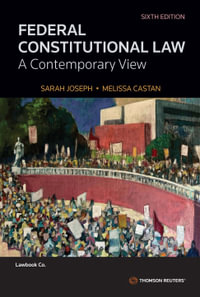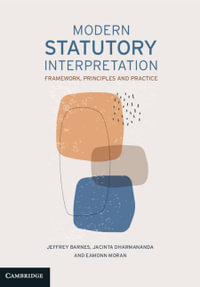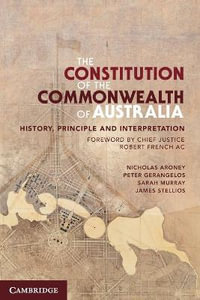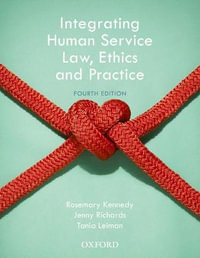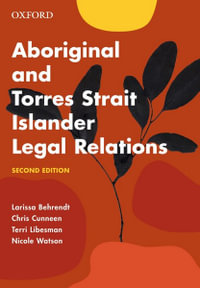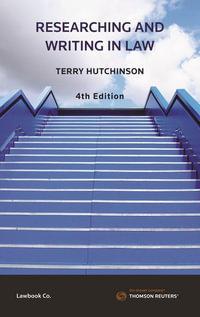
Reason and History in Judicial Judgment
Felix Frankfurter and Due Process
By: Richard Stevens
Hardcover | 14 September 2017
At a Glance
Hardcover
RRP $284.00
$200.95
29%OFF
or
Aims to ship in 7 to 10 business days
ISBN: 9781138531499
ISBN-10: 1138531499
Published: 14th September 2017
Format: Hardcover
Language: English
Number of Pages: 352
Audience: General Adult
Publisher: Taylor & Francis Ltd
Country of Publication: GB
Dimensions (cm): 22.86 x 15.24 x 2.06
Weight (kg): 0.64
Shipping
| Standard Shipping | Express Shipping | |
|---|---|---|
| Metro postcodes: | $9.99 | $14.95 |
| Regional postcodes: | $9.99 | $14.95 |
| Rural postcodes: | $9.99 | $14.95 |
How to return your order
At Booktopia, we offer hassle-free returns in accordance with our returns policy. If you wish to return an item, please get in touch with Booktopia Customer Care.
Additional postage charges may be applicable.
Defective items
If there is a problem with any of the items received for your order then the Booktopia Customer Care team is ready to assist you.
For more info please visit our Help Centre.
You Can Find This Book In
This product is categorised by
- Non-FictionSociology & AnthropologySociology
- Non-FictionLawLaws of Specific JurisdictionsConstitutional & Administrative Law
- Non-FictionLawLaws of Specific JurisdictionsGeneral Works of Private & Civil Law
- Non-FictionSociety & Culture
- Non-FictionLawLaws of Specific JurisdictionsLegal System in GeneralCivil Procedure, Litigation & Dispute Resolution
